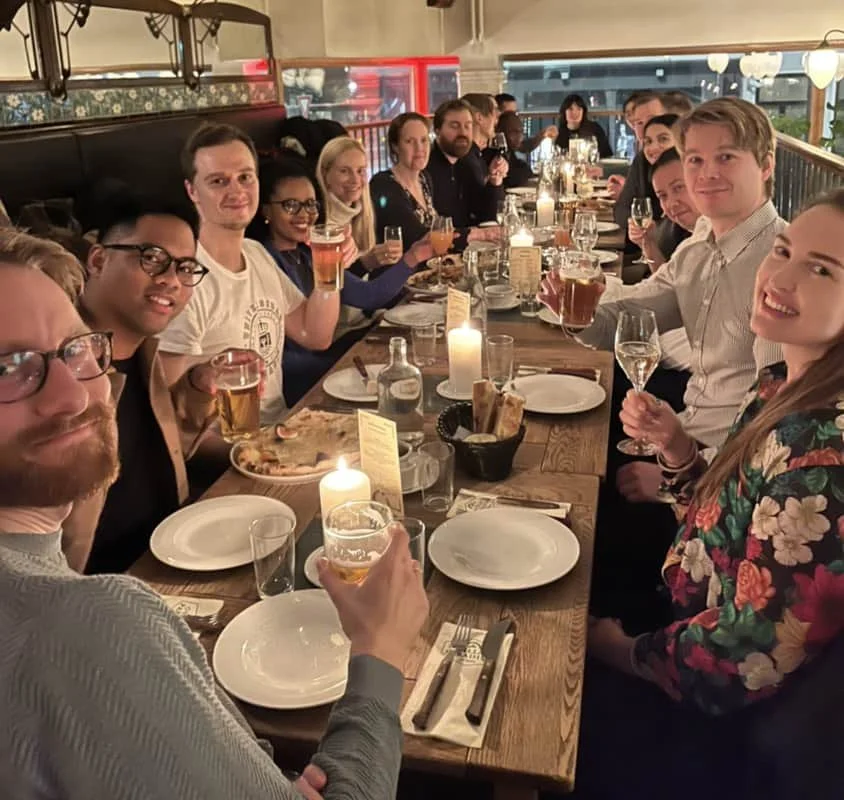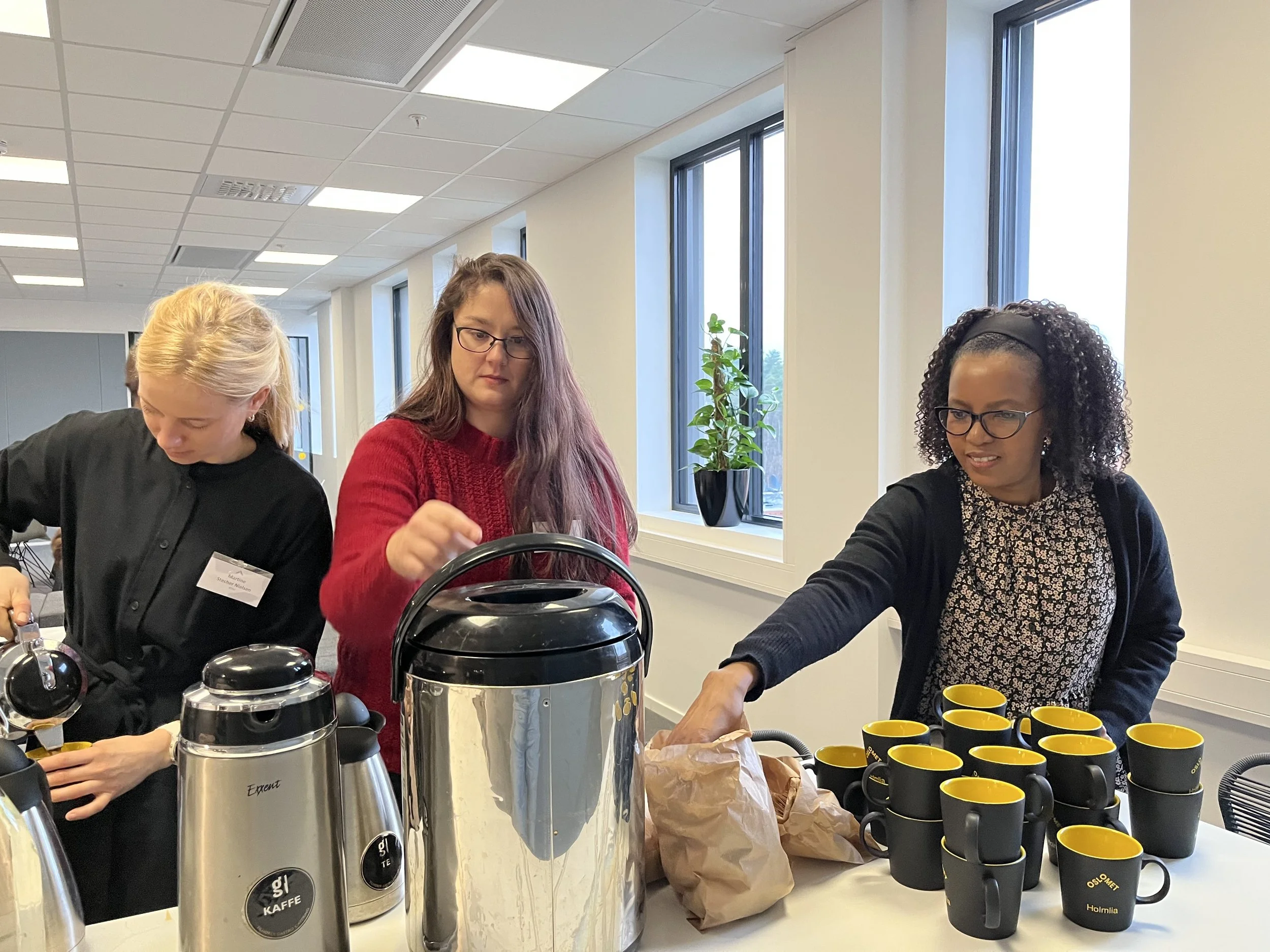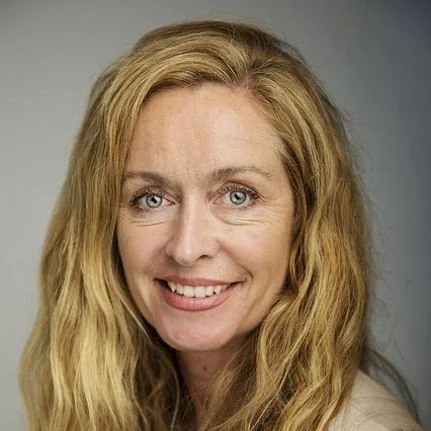DIGIT kick-off course on Digitalization, Culture and Society
Welcome to DIGIT's kick-off course on Digitalization, Culture, and Society! The course is taking place from November 28th to December 1st, and we are excited to have you join us at OsloMet!
DIGIT kick-off course: Digitalization, Culture and Society
When: November 28 - Desember 1
Where: OsloMet, Pilestredet 42, Oslo
Language: English
Registration: https://nettskjema.no/a/352537
The kick-off course is mandatory for members of DIGIT class of 2023.
Content
Each new DIGIT class begins with a 4-day Kick-off course on Digitalization, Culture, and Society. During this course, the latest participants of the research school will have the opportunity to acquaint themselves with one another and the DIGIT partners. The program includes lectures delivered by academic partners as well as representatives from the public and private sectors. Group discussions and presentations will also be integral components of the course.
Kick-off catalogue with practical information, schedules, speaker and attendee biographies, and more: PDF
Travel and accommodation
For DIGIT participants residing outside Oslo, we will cover travel expenses. You are responsible for booking your own flight/train tickets in accordance with your university's guidelines and the Personnel Handbook for State Employees.
Note that we cover expenses up to a maximum of 1500 1800 NOK in total.
DIGIT will also cover hotel accommodation for those residing outside Oslo (check-in on November 28th, check-out on December 1st). We will handle the accommodation arrangements and will notify you of the hotel details as soon as they are confirmed. Should you wish to arrive earlier or extend your stay, you are welcome to do so, but you will need to arrange and cover the costs individually.
Course assignment
You have the option to write a 750-word popular science text about your doctoral/research project. The aim is to explain your research to a broader audience without using complex jargon. In the text, you should highlight how your work is relevant to society and social actors, especially one or several of the non-academic partners connected to DIGIT. You will also need to attach a self-selected reading list of 500 pages.
You will receive feedback on your text from a DIGIT professor, a communication advisor, and a representative from a non-academic DIGIT partner.
The deadline for submitting the text is January 15.
DIGIT is a research school of quality and relevance, and one of our goals is to improve collaboration between academia and other social actors through researcher training. To link your research to the broader society and demonstrate its relevance to the non-academic sector is thus one of the key pillars of our school.
In addition to the text, you will also present your research in groups during the kick-off course. You will have 5 minutes to pitch your project (oral without use of PowerPoint) followed by a 15-minute discussion with peers and a member of the senior DIGIT faculty.
Diploma
Successfully completing this course assignment and group presentation will earn you a diploma that specifies the total workload:
4 full course days
Presentation of your own research project in groups
A final assignment of 750 words
A self-selected reading list of 500 pages.
You can use this diploma to apply for credit approval at your own institution. On the diploma, we will recommend 3 ECTS, but please note that it is your own institution that will determine whether and how many study credits you will be awarded. A minimum of 80% attendance is required.
Course leader - Marit Haldar
Marit Haldar is a professor of sociology at OsloMet and the director of DIGIT.
Throughout her research-career she has been concerned with ideology and cultural analysis of childhood, old age, gender, family and (social) technology. She has also studied marginalized subjects in the welfare state and inequalities in treatment in the health care system from an ideological perspective.
Haldar has broad and long experience with most qualitative methods and has developed new methods that are discussed in highly regarded international method literature (see Silverman, D. 2011, "Interpreting qualitative data", 4th ed. London: Sage). Haldar has led courses in qualitative methods and writing courses at least once a year since 2011.
Feel free to contact the DIGIT coordinator should you have any practical questions.










